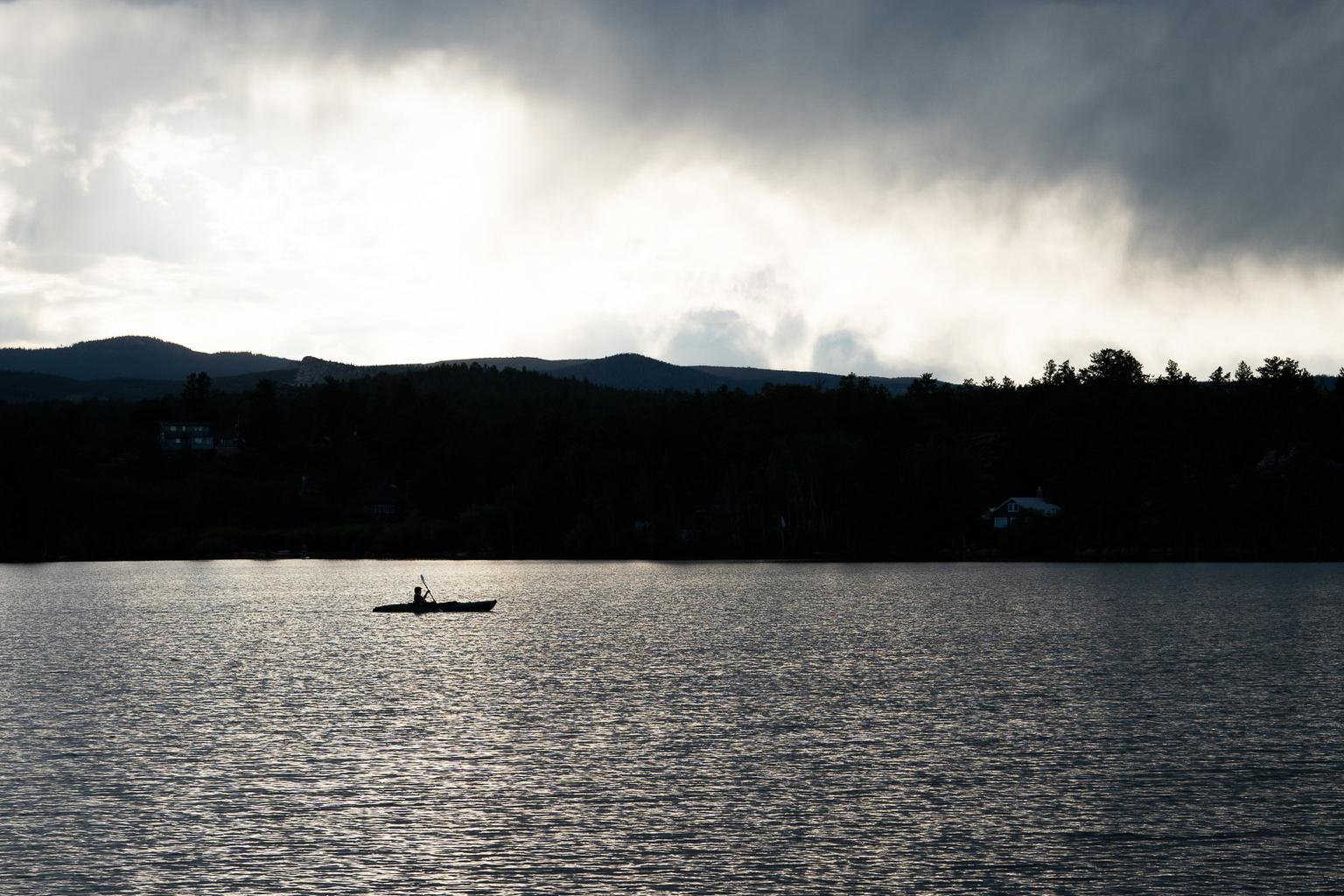
Colorado regulators say they will press forward on President Barack Obama’s plan to curtail emissions from coal-fired power plants, despite a temporary pause issued by the U.S. Supreme Court for the Clean Power Plan this week.
The case is scheduled to be argued in June, in the U.S. Court of Appeals for the District of Columbia Circuit. But a decision could be long in coming, particularly if the case winds up in the Supreme Court — meaning that the rules' fate might not be determined before a new presidential administration comes into power in 2017.
Announced in its final form last August, the Clean Power Plan aims to reduce heat-trapping carbon pollution from power plants, which the EPA says generate 32 percent of total carbon emissions. The plan sets a range of new national standards, with deadlines ranging from 2022 to 2030.
Colorado was one of about two dozen states that requested the "stay", or pause, from the U.S. Supreme Court in the first place. So why the disconnect?
Democratic Gov. John Hickenlooper sees the Clean Power Plan as a cornerstone of the state's climate agenda. But Republican Attorney General Cynthia Coffman says the plan is a threat to state authority, and signed on to a 29-state lawsuit this fall to strike it down.
“Over and over again, the current federal administration—and particularly the EPA—has been ignoring state sovereignty and the rule of law,” said Coffman this week.
Hickenlooper attempted to block the lawsuit by petitioning the Colorado Supreme Court to weigh in. The court declined to get involved. Hickenlooper believes he should have the authority in deciding whether the state sues over the Clean Power Plan.
"We'll continue to build upon the great strides we've made as a state — with the Clean Air Clean Jobs Act and our Renewable Energy Standard — to protect our public health and environment," said Hickenlooper this week.
The governor said the state is still reviewing the implications of the Supreme Court decision. Under his direction, the Colorado Department of Public Health and Environment said it will continue to hold public meetings and gather input on the plan.
Colorado is one of the few states--including Iowa, Michigan and Maryland--where attorney generals and governors are split on the administration's Clean Power Plan.









